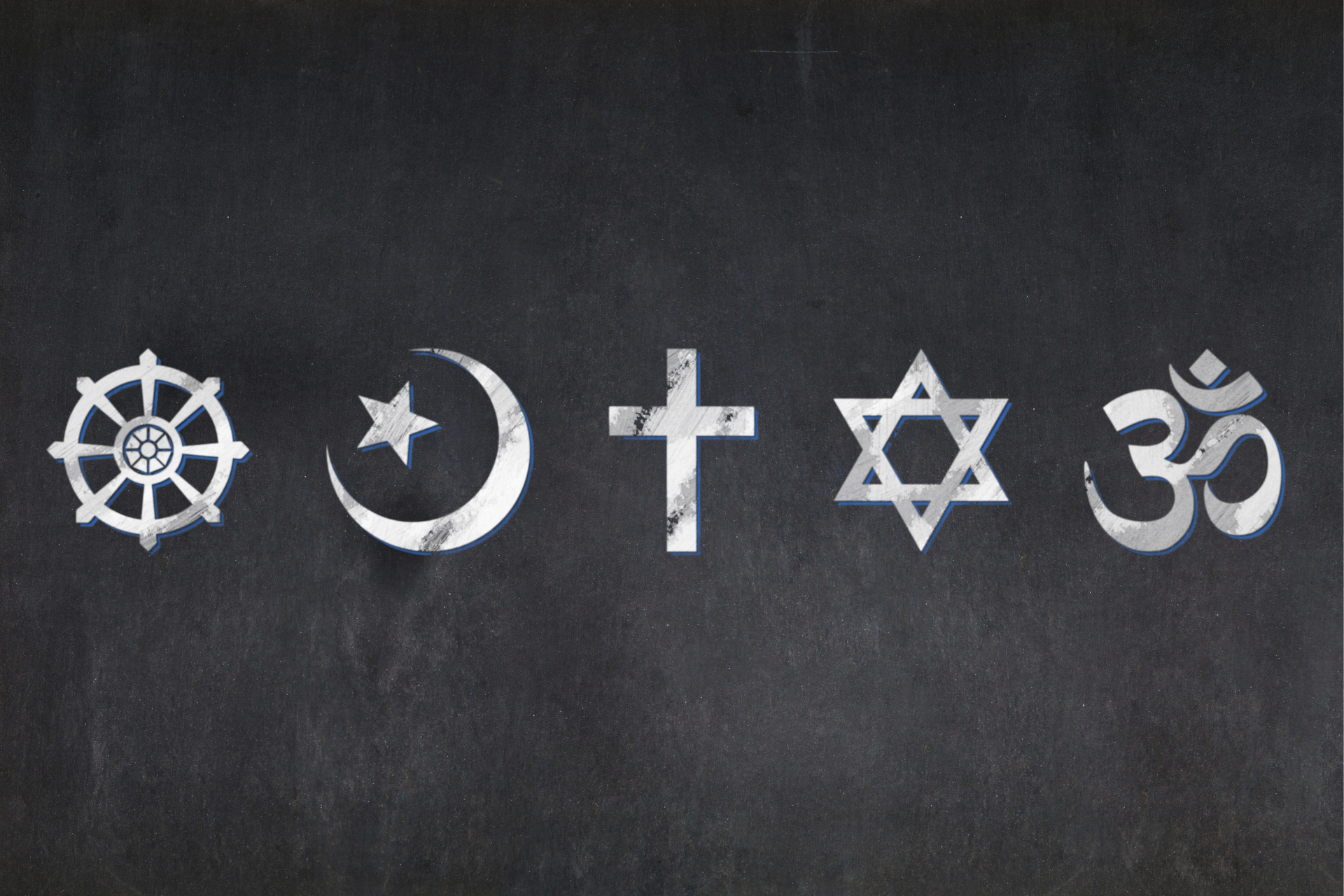The R-1 Temporary Religious Worker Visa is designed for qualified religious organizations to bring religious ministry or related vocations foreigners to the United States on a temporary basis. To be eligible for this visa category, an individual can be sponsored by a tax-exempt non-profit religious organization or a non-profit associated with a religious denomination. The applicant must have maintained affiliation with the same religious denomination as the petitioner for a minimum of two years preceding the visa application. Upon arrival in the U.S., the visa holder is required to engage in either ministerial work or a religious vocation/occupation. It’s mandatory for the beneficiary to dedicate at least twenty hours per week to their religious duties under the sponsorship of the petitioner. The R-1 visa holder is restricted from engaging in any other form of employment not approved by the Department of Homeland Security.
Typically, an R-1 Visa is initially granted for a period of thirty months. Extensions for additional thirty-month periods can be requested, with the total stay in the U.S. not exceeding five years. Spouses and unmarried children under twenty-one years of age are eligible for R-2 Visas, but they are not allowed to seek employment while in the U.S. under this status.
Eligibility for an R-1 Visa hinges on a clear distinction between roles: a minister, performing authorized religious activities, and a religious vocation, signifying a lifelong commitment to a religious way of life. On one hand, a minister is defined by their authorization to lead religious worship and perform other duties expected from clergy members of their denomination. On the other hand, a religious vocation is characterized by a formal, lifelong commitment to a religious lifestyle, as exemplified by nuns, monks, and religious brothers and sisters. For vocation-based R-1 applications, the emphasis lies on the applicant’s status within the religious organization, rather than the specific tasks they will undertake in the U.S.
Conversely, an R-1 visa based on a religious occupation is less precisely outlined. In this case, the nonimmigrant’s primary responsibilities must relate to traditional religious functions considered as religious occupations within the denomination. The duties should predominantly involve promoting or carrying out the religious beliefs of the denomination, with administrative or supportive tasks playing a secondary role. Examples of individuals in religious occupations include religious instructors, counselors, cantors, catechists, missionaries, religious translators, and religious broadcasters. While clerical, maintenance, fundraising, or similar roles would not qualify as religious occupations, performing incidental duties related to religious functions is allowed.
Ineligible for R-1 status are choir members, singers, clerical workers, administrative or maintenance personnel, and fundraisers. These roles, while important to the functioning of religious organizations, do not meet the criteria for R-1 classification. Laypersons must demonstrate their activities are connected to traditional religious functions and are fundamentally aligned with the spiritual aspects of their religion. Mere employment within a religious facility is insufficient to qualify for R-1 status.
In conclusion, individuals who are ministers, hold a religious vocation, or perform qualifying religious occupations, committing at least twenty hours per week to their religious tasks under a sponsoring petitioner, are eligible for the R-1 Visa. Laypersons engaged in supporting roles that don’t directly involve religious practice within their denomination are not eligible. If your organization is considering sponsoring a religious worker for an R-1 Visa, contact us. We work with our clients every step of the way, guiding with through their immigration journey.

